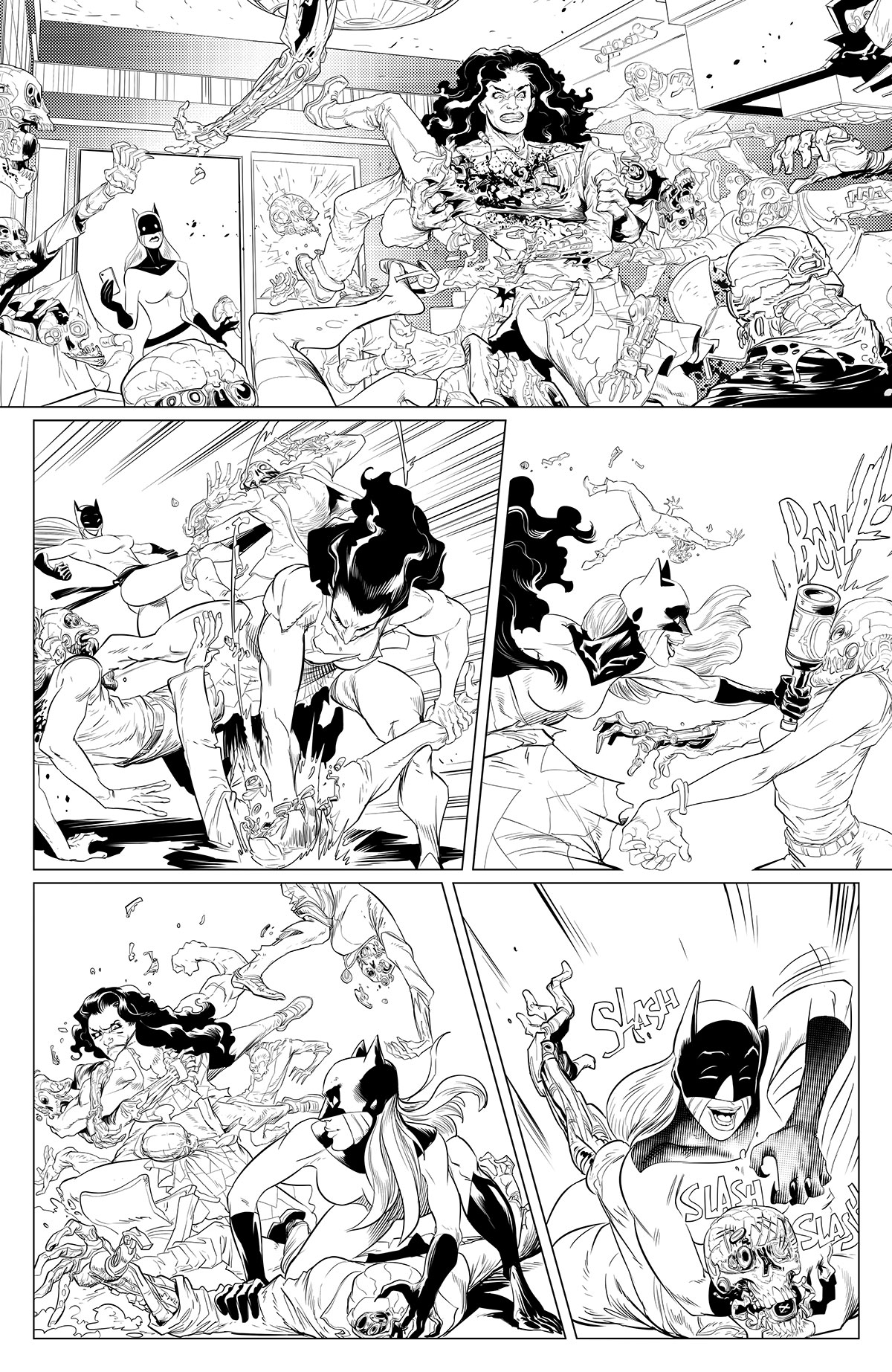Resident Evil 2
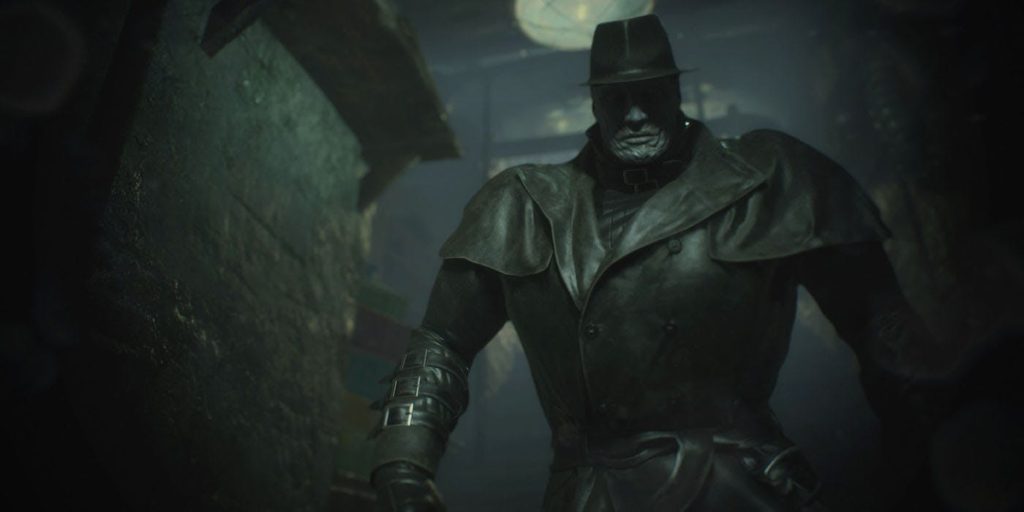
Initial Release Date: January 25, 2019
Publisher & Developer: Capcom
Genre: Survival Horror, Action/Adventure
Platforms: Playstation 4, Xbox One, Microsoft Windows
Why We’re Playing It: We played the original Resident Evil 2 way back in ‘98 when it was released, and we loved it then, so we could not resist the chance to slip on those familiar gaming sneakers that once carried our imaginations through the late ‘90s of horror survival.
What’s It All About?: The story follows rookie police officer Leon Scott Kennedy and college student Claire Redfield. The two accidentally cross paths on their journey to Raccoon City. Claire is looking for her brother, Chris Redfield (from the first Resident Evil) and poor Leon was supposed to start working for the RPD right before the zombie poop hit the fan. The game allows you to play as either Leon or Claire. They are both similar experiences but with different weapons, storylines and a few additional surprises.
That’s Worth A Power-Up!: You know what to expect from a remastered Star Wars movie – 1,000 Storm Troopers instead of 100, or a few extra CGI-based aliens here or there, but Capcom’s new take on their old classic is entirely different. Imagine taking the scariest movie you have ever seen, then, somehow making it induce 10x more anxiety, scares and cursing at your screen. That’s what you have with the Resident Evil 2 revamp. Whether it’s Mr. X’s relentless pursuit or zombies dropping out of ceilings, this game will have you freaking out in more ways than one. There is no poetic way to put it… you’re just going to freak the freak out!
Bonus Level: There are so many aspects to this version of RE2 that will have you drooling with gamer admiration, but one of the most impressive is the mix of lighting and sound effects. When you enter a dark room with your flashlight bobbing around and you hear the growl of a nearby zombie and the creak of a light hanging from the ceiling, you are on the edge of your seat even if there is nothing in the room that can do you harm. The atmosphere and full immersion into the Raccoon City apocalypse is beautifully done.
And that’s why this game is a certified quarter muncher!


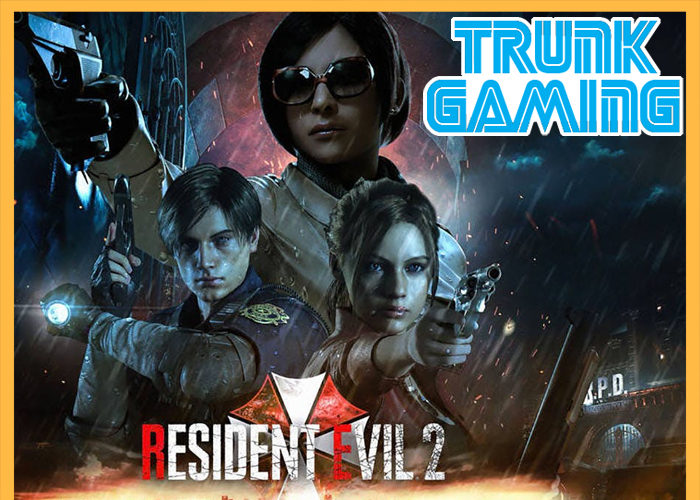
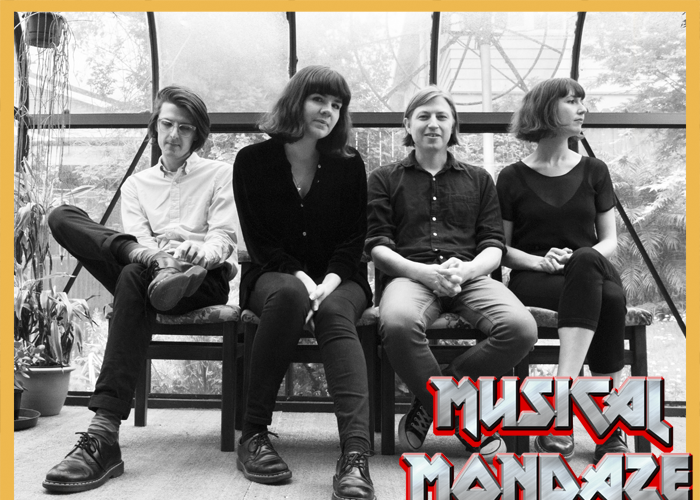
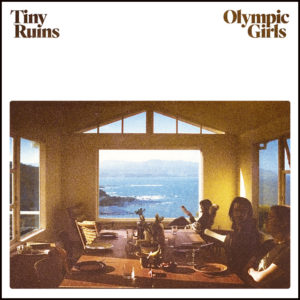
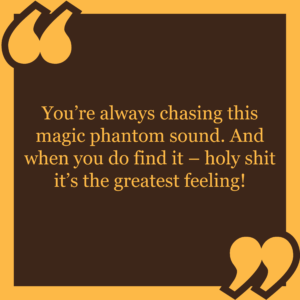 conscious decision. We discussed using broader strokes, more electric guitars, heavier drums – the songs really called out for those things, and I wrote with the full band in mind. But I also wanted to stay true to where we’d come from. I didn’t want it to be a departure into something we’re not. It was about being more ourselves than about a reinvention.
conscious decision. We discussed using broader strokes, more electric guitars, heavier drums – the songs really called out for those things, and I wrote with the full band in mind. But I also wanted to stay true to where we’d come from. I didn’t want it to be a departure into something we’re not. It was about being more ourselves than about a reinvention.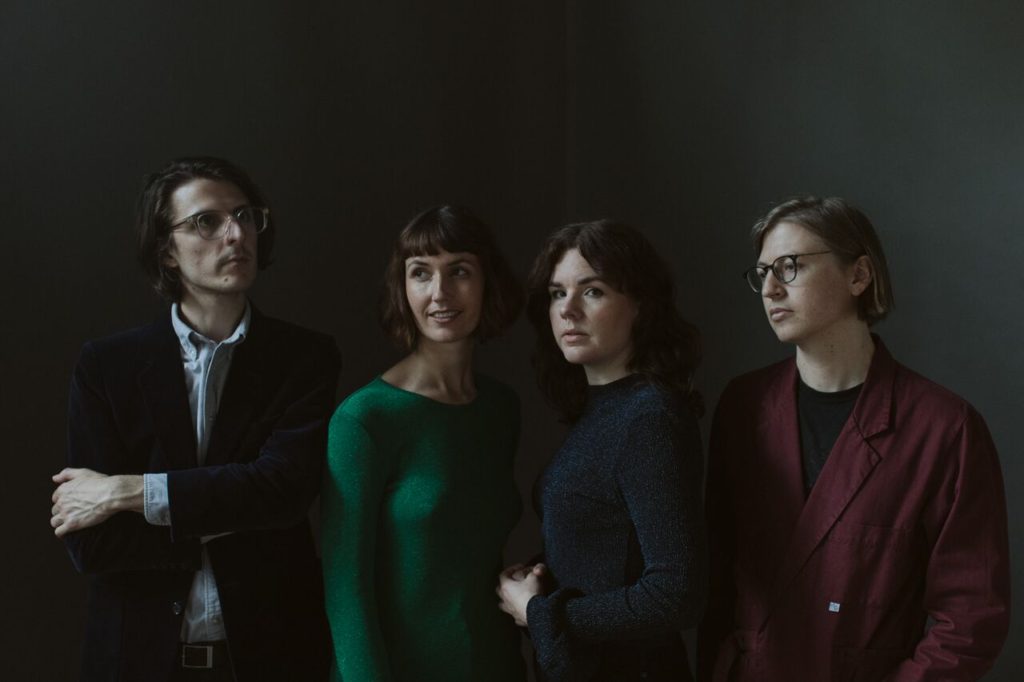
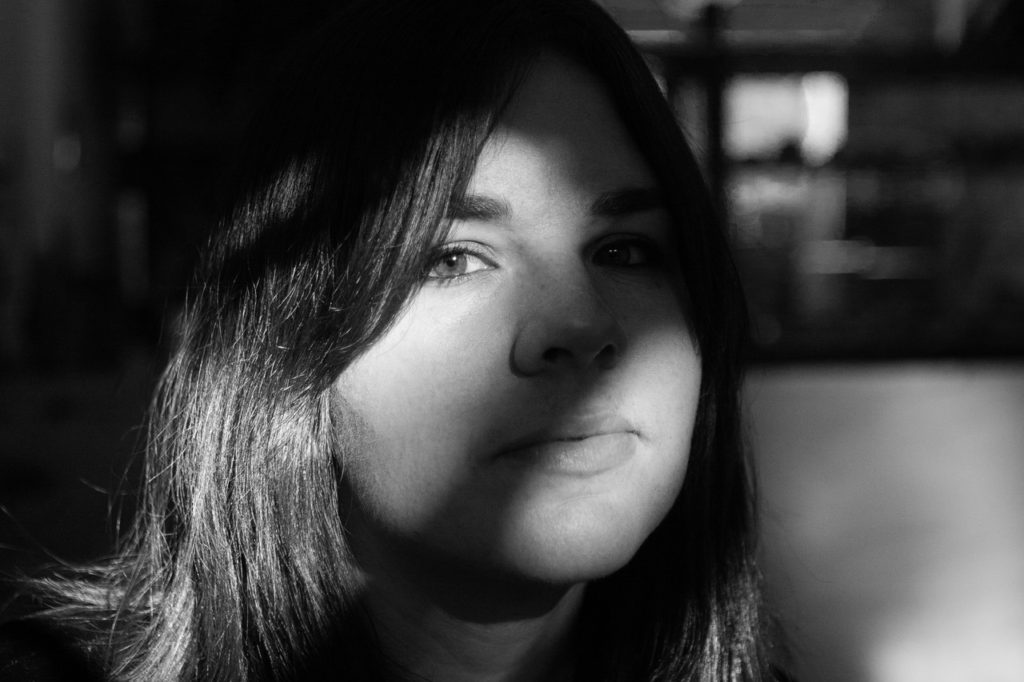
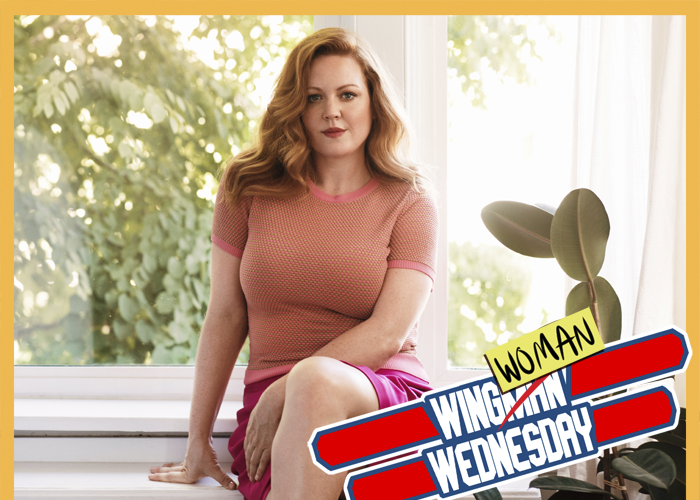
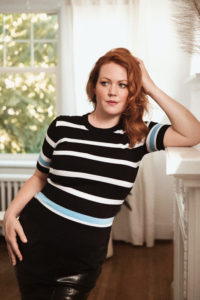
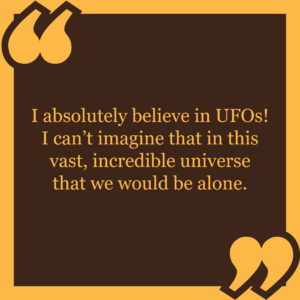 about filming was the secrecy of it. I didn’t always know what Faye knew. I got to find out as filming went along. Which was such a cool process for me as an actor. She protected secrets and was very selective with the information she released. She is allowed to be a part of a small circle of people in this, and her part is to stand guard to her boss and her country.
about filming was the secrecy of it. I didn’t always know what Faye knew. I got to find out as filming went along. Which was such a cool process for me as an actor. She protected secrets and was very selective with the information she released. She is allowed to be a part of a small circle of people in this, and her part is to stand guard to her boss and her country. 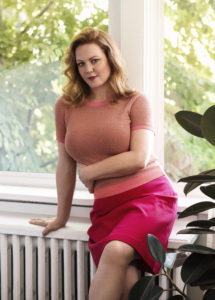
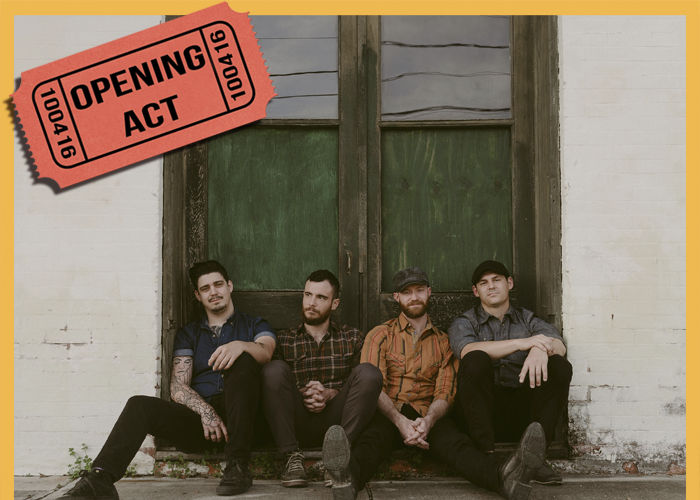
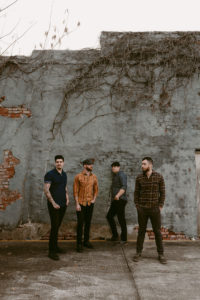
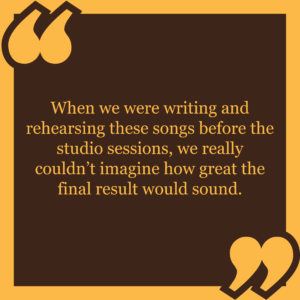 with this album we’re especially proud of the production value. Working with such expert professionals like our engineer Tony Daigle and producer Louis Michot, not to mention a handful of other truly great musicians, really took this album to the next level for us. When we were writing and rehearsing these songs before the studio sessions, we really couldn’t imagine how great the final result would sound.
with this album we’re especially proud of the production value. Working with such expert professionals like our engineer Tony Daigle and producer Louis Michot, not to mention a handful of other truly great musicians, really took this album to the next level for us. When we were writing and rehearsing these songs before the studio sessions, we really couldn’t imagine how great the final result would sound.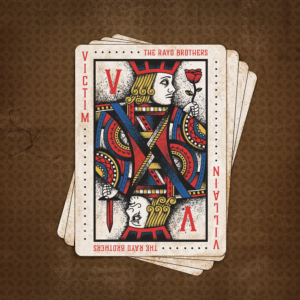 TrunkSpace
TrunkSpace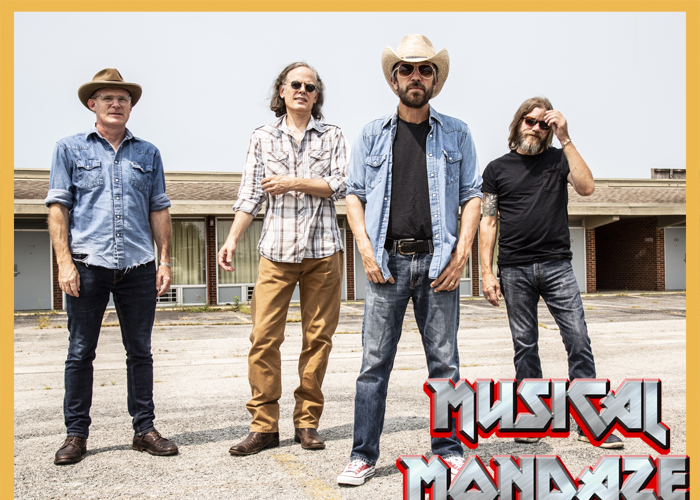
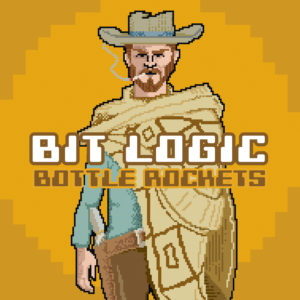
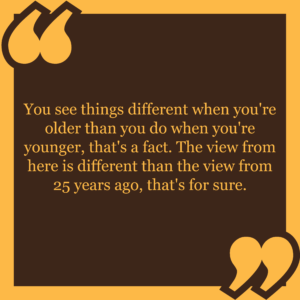 That’s interesting.
That’s interesting.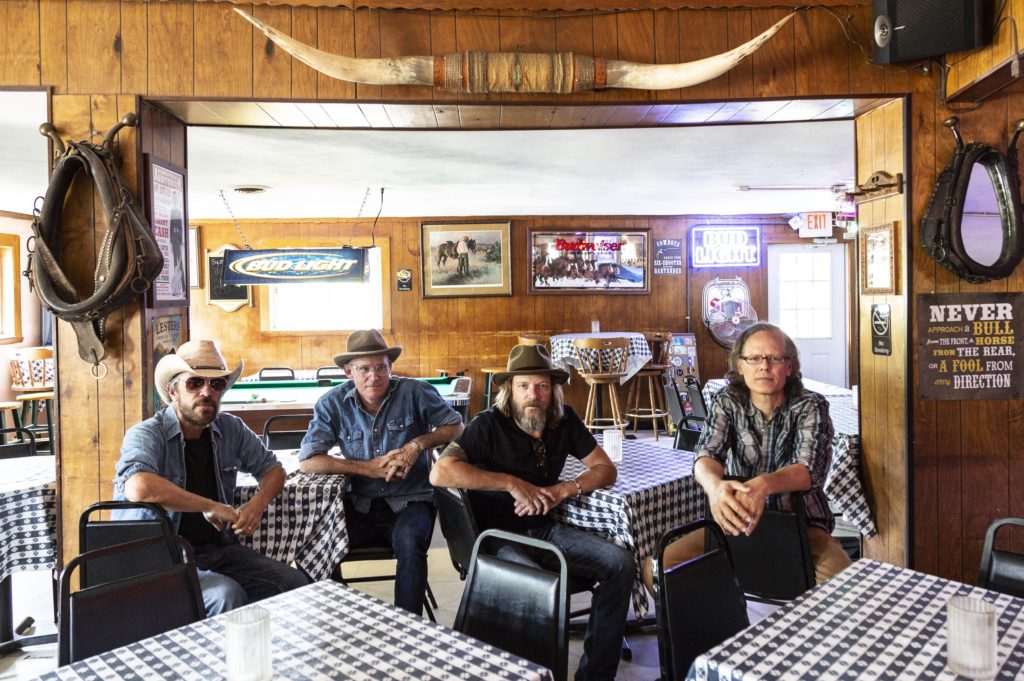
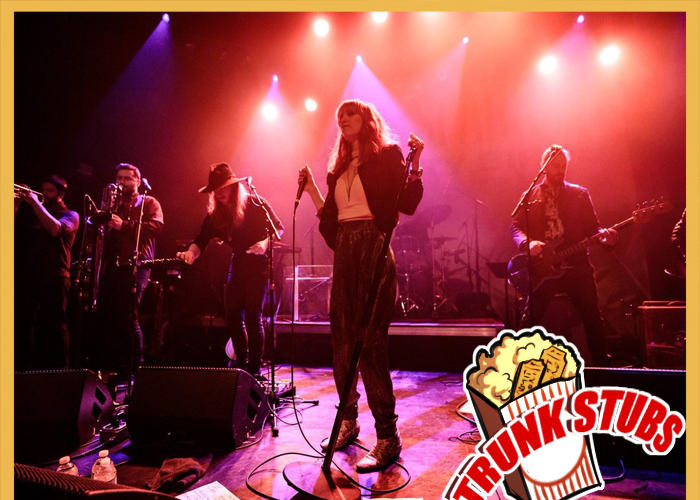
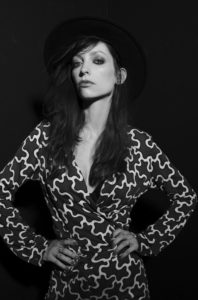

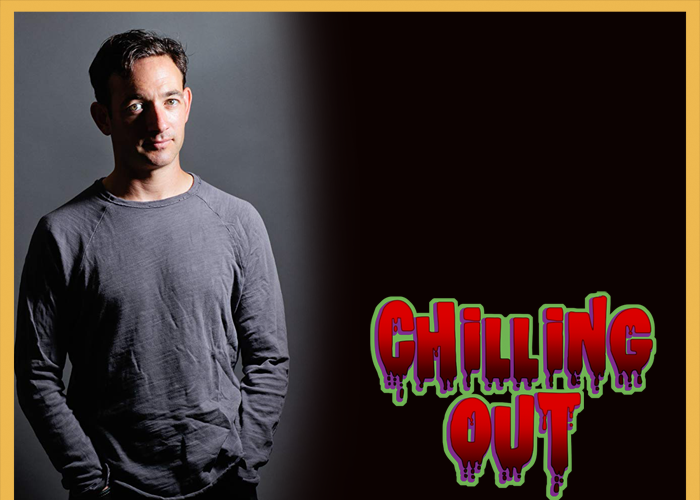
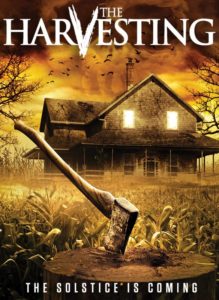 Chilling Out is where TrunkSpace talks all things horror and genre with those who work in the projects that give us the thrills and chills to keep coming back for more. This time out we’re chatting with Chris Conner, star of the new film “The Harvesting,” which is available now on DVD and Digital HD.
Chilling Out is where TrunkSpace talks all things horror and genre with those who work in the projects that give us the thrills and chills to keep coming back for more. This time out we’re chatting with Chris Conner, star of the new film “The Harvesting,” which is available now on DVD and Digital HD.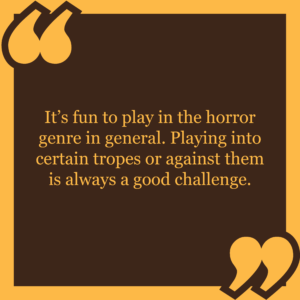
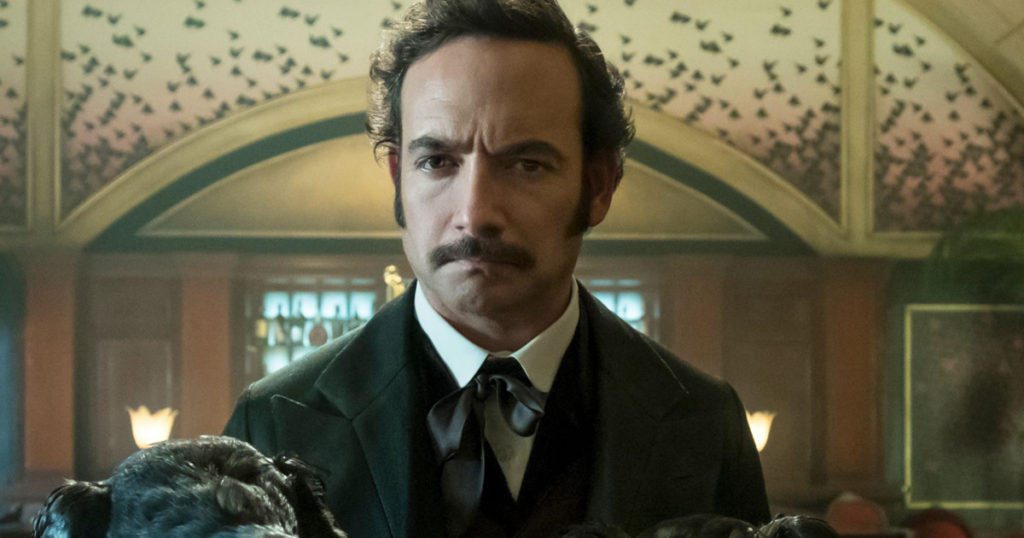
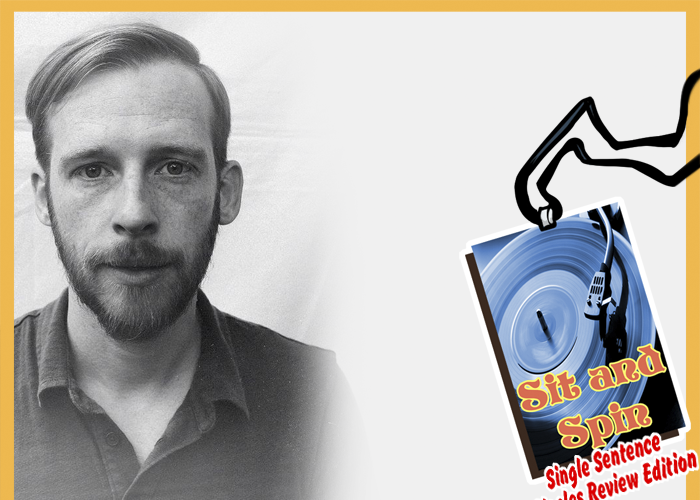
 Artist: Kevin Devine
Artist: Kevin Devine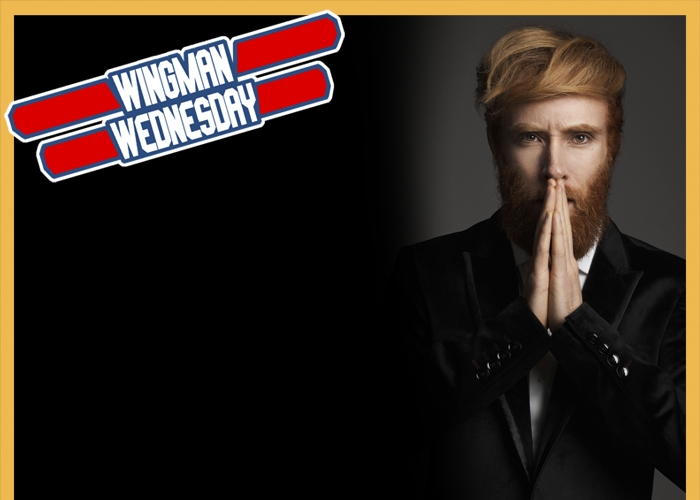

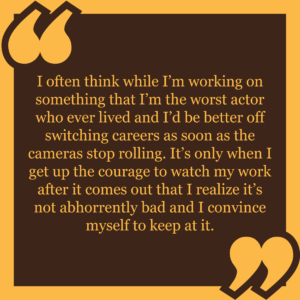 exciting, badass, funny and promising scripts I’d ever read. So when I went to meet with them, I loved the role so much and was so desperate for the part that I thought I went completely over the top in my excitement for the job. Thankfully they gave it to me anyway, and I think the whole team (including our huge, incredible crew who worked longer hours and longer nights than I ever had to) really captured the magic I found in the script as we shot the film.
exciting, badass, funny and promising scripts I’d ever read. So when I went to meet with them, I loved the role so much and was so desperate for the part that I thought I went completely over the top in my excitement for the job. Thankfully they gave it to me anyway, and I think the whole team (including our huge, incredible crew who worked longer hours and longer nights than I ever had to) really captured the magic I found in the script as we shot the film.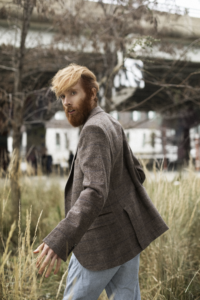
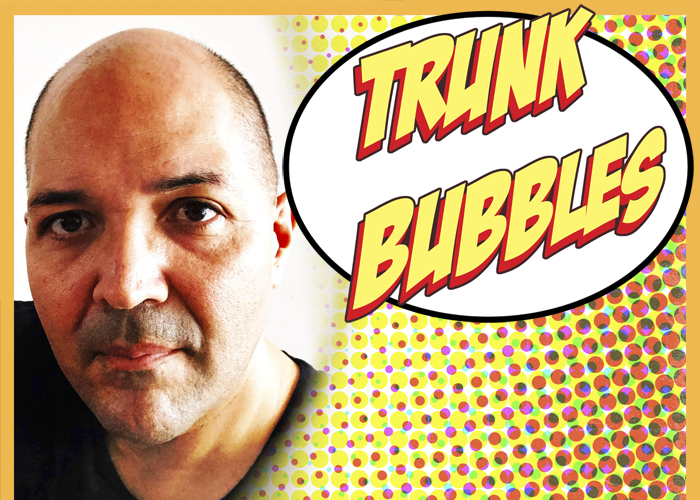
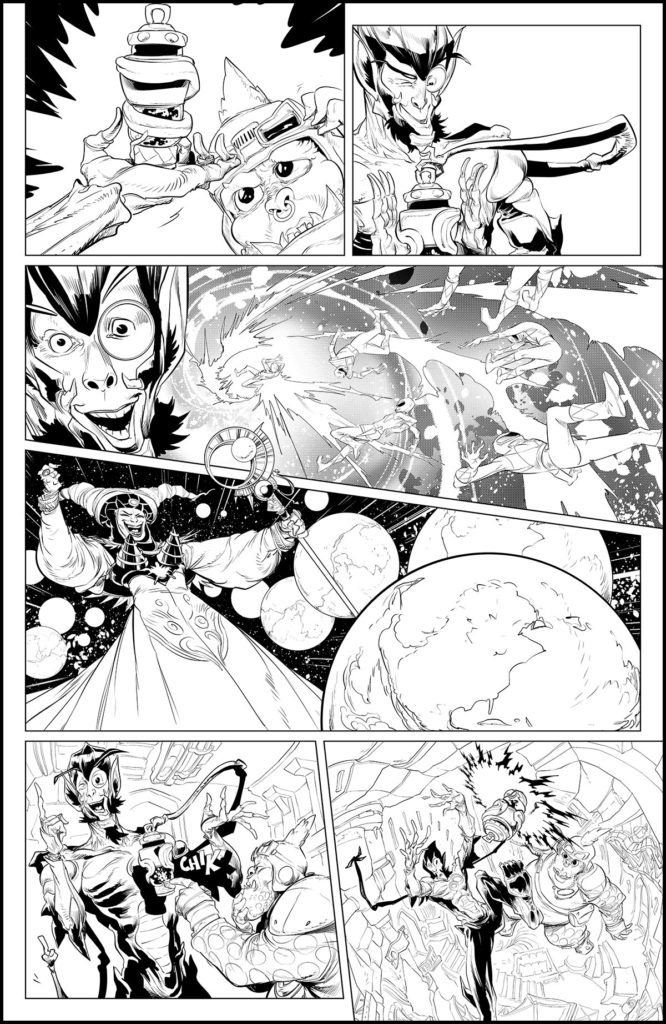 Name
Name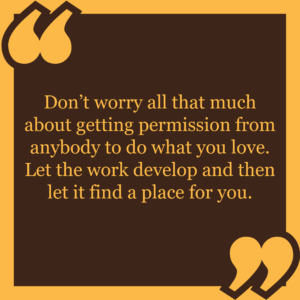 comics. I always thought I would end up as an architect or engineer.
comics. I always thought I would end up as an architect or engineer.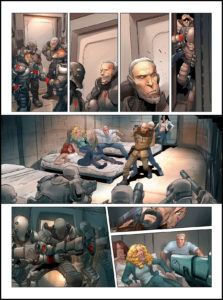 TrunkSpace
TrunkSpace